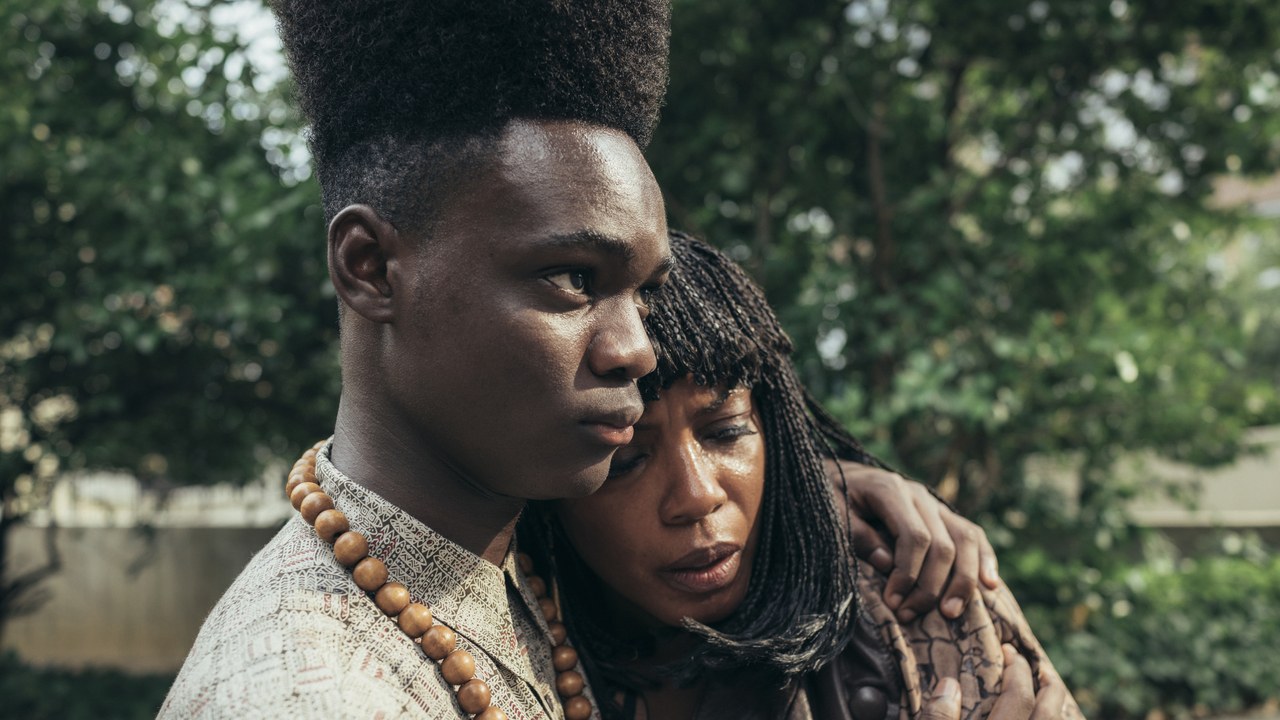When They See Us Review: This Is a Powerful Story That Must Be Seen

“I’m here for my son.”
When I first heard these words in When They See Us, Ava DuVernay’s limited series about the 1989 Central Park jogger case for Netflix, I felt the full weight of them. They’re five simple words, but they reveal a determination to protect—and a fear of what’s to come. They remind me of the countless stories I’ve heard of black mothers who’ve said this, or similar, at police precincts after learning of their sons’ arrests. Women who know all too well what can happen to their babies, whose only goal is to get their boys home as quickly and safely as possible.
And when the worst happens—an arrest, death—society tells them it’s their fault. When Daniel Patrick Moynihan published The Negro Family: The Case for National Action in 1965, he claimed female-led black households were “so out of line with the rest of the American society” their families were placed at a “distinct disadvantage.” Just last year, Reverend Jasper Williams used Aretha Franklin’s funeral as an opportunity to call single parent households “abortion after birth”. “Seventy percent of our households are led by our precious, proud, fine black women,” he said in his eulogy. “But as proud, beautiful, and fine as our black women are, one thing a black woman cannot do. A black woman cannot raise a black boy to be a man.”
These men, and others, have contributed to a long-held—and false—belief that black boys can’t thrive as long as single mothers lead the families. And when Kevin Richardson, Antron McCray, Yusef Salaam, Raymond Santana, and Korey Wise were arrested for the rape and assault of Trisha Meili in 1989, many pointed at them as proof of that. The boys, all between the ages of 14 and 16 at the time of their arrests, were vilified by the press. The New York Post’s Pete Hamill wrote that the five came from a “land of no fathers” with “to smash, hurt, rob, stomp, rape.” Donald Trump spent $85,000 on full page ads calling for their execution. In 1990, all five were convicted and sentenced to between five and 15 years in prison. After the lone assailant confessed to the crime in 2002, their convictions were vacated; in 2014, the five men settled with the city of New York for $41 million.
With When They See Us, DuVernay sets the narrative straight. They are not “The Central Park Five.” They are “The Exonerated Five.” They are Kevin, Antron, Yusef, Raymond, and Korey—young men with promise who became victims of racism and a corrupt criminal justice system. DuVernay’s powerful four-part retelling begins the night of the arrests and follows the five throughout their trials, convictions, and post-release. It tells their story with all the facts—and, most important, it humanizes them. “We only got to hear about the boys through one lens,” Storm Reid—who plays Lisa, Korey Wise’s girlfriend—tells Glamour. “We didn’t get to know them as young men and as teenagers. We didn’t get to know about their family lives or their hobbies and interests. A piece of their adolescence was taken away from them, and what Ava does is gives it back to all of us.”





